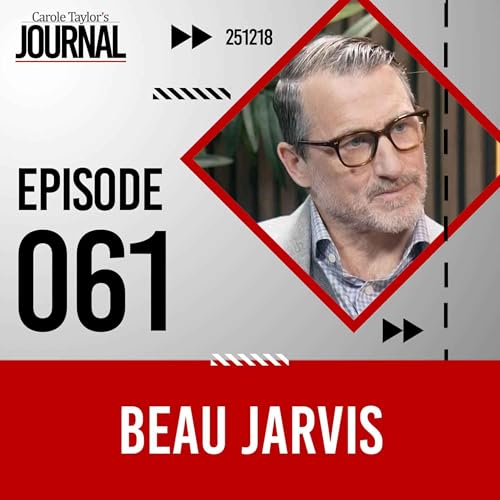On this edition of Journal, we join the chorus of voices repudiating British Columbia’s new budget.
To be charitable, Premier Eby is having a terrible, horrible, no good, very bad day (to borrow from a children’s book).
Even before the actual numbers were released, one headline from Business in Vancouver magazine stated: “Eby may go down as the worst fiscal manager in BC history.”
Another said, “The stunning deterioration in BC’s fiscal health during Premier Eby’s tenure will not soon be reversed.”
Vaughn Palmer said, “NDP’s fiscal credibility shredded.”
And on and on.
The facts are these – during Premier Eby’s time, the province has gone from a $6-billion surplus to a deficit of $13.3 billion dollars.
Our debt in the 3 year budget will be up 200% since 2021/22 – and the cost of paying interest on that debt will have gone up 220% during that time, making interest charges the fastest-growing line in the budget.
As we all know, money going to the bank to pay for past borrowing excesses means less money for health, seniors, and our kids.
As if that weren’t bad enough, in a time of economic stress for many, taxes are going up on everything from basic cable and land lines to shoe repair, accounting services, and – oh yes – on security costs that many small businesses have been forced to absorb because of retail crime and street disorder.
As columnist Rob Shaw says: all pain, no gain.
To make sense of all this is David Williams, vice-president of policy at the Business Council of BC.
---
Carole Taylor's Journal is a public affairs dialogue that digs deep into the most pressing issues of our times. For more, see our website at http://www.caroletaylorsjournal.ca.
Hosted on Acast. See acast.com/privacy for more information.
 23 分
23 分 23 分
23 分 23 分
23 分 2026/02/0423 分
2026/02/0423 分 2026/01/2823 分
2026/01/2823 分 23 分
23 分 23 分
23 分 23 分
23 分
